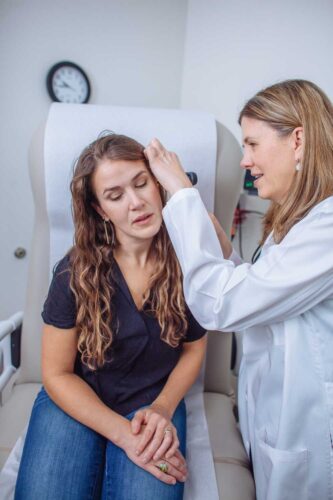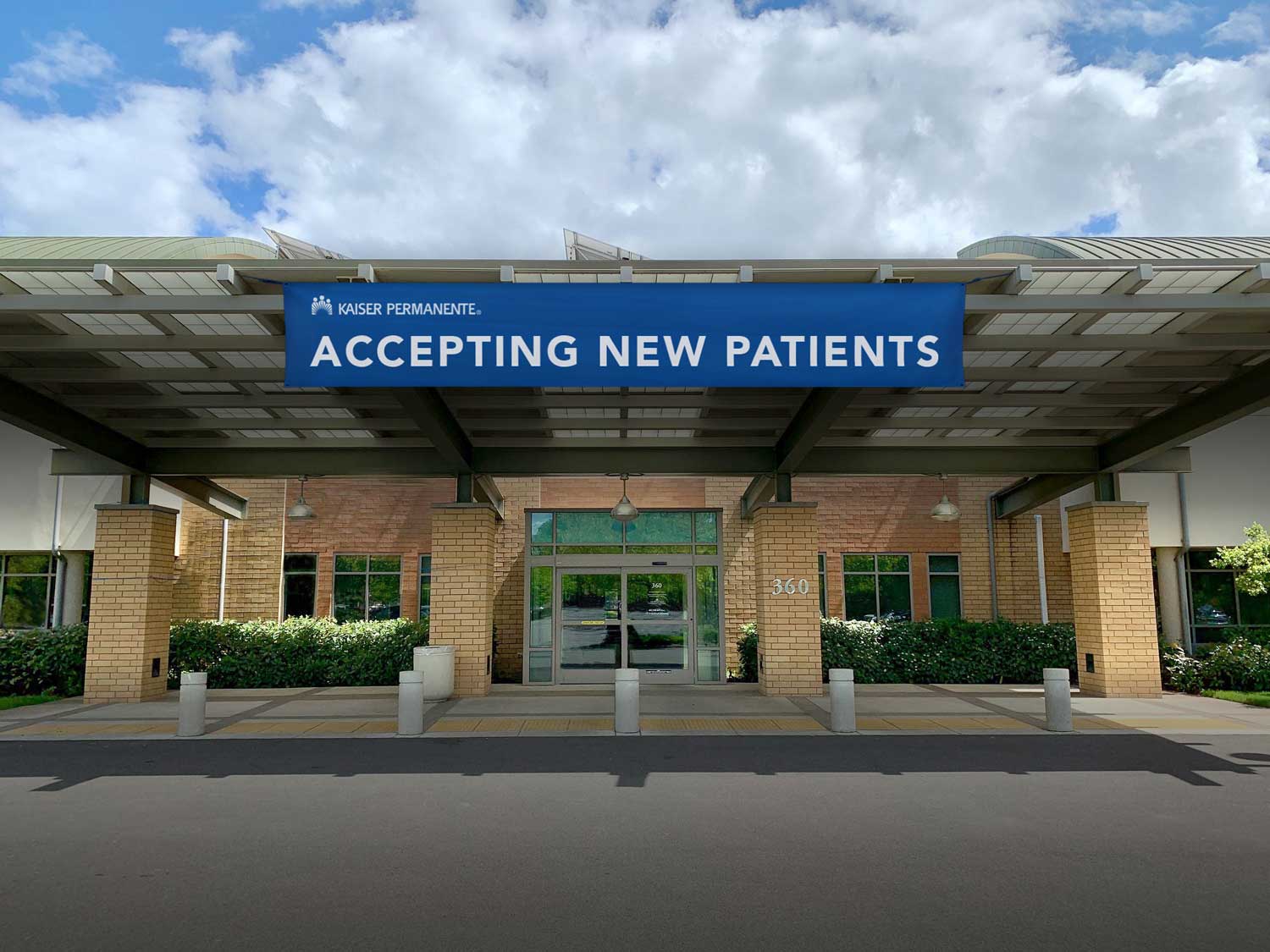
Spring in Eugene means sunnier skies and drier weather, but it also brings a spike in allergens. In fact, the Willamette Valley often ranks among the highest in the U.S. for pollen counts.
Dr. Jessica Lohff-Phillips of Kaiser Permanente Chase Gardens explains that grass pollen typically peaks in June, triggering symptoms like sneezing, itchy eyes, runny nose, fatigue, headaches, congestion, and coughing.
How to get relief from allergies
Dr. Lohff-Phillips shares 5 helpful tips to help allergy sufferers reduce their symptoms and exposure to pollen:
- Keep windows closed; use air conditioning in your home and car.
- Avoid outdoor activities during midday and afternoon, when pollen is highest.
- Wear a pollen or dust mask when outside, especially while mowing.
- Rinse eyes with cool water or saline drops after being outdoors.
- Shower and change clothes after coming inside.
Though there’s no cure for seasonal allergies, over-the-counter treatments like antihistamines and nasal steroids can help. Dr. Lohff-Phillips recommends starting medications in February through July, since some need time to take full effect.
Allergies can also worsen other conditions, such as asthma and eczema. Dr. Lohff-Phillips suggests daily antihistamines may help, but always check with your provider if symptoms persist.

Welcoming New Patients
At Kaiser Permanente, our doctors and health plan are all part of one connected team. We coordinate your care, so you don’t have to – allowing you to focus on the most important thing, your health.
We are continuing to grow in Lane County, with three new providers joining the Kaiser Permanente Chase Gardens team in 2024, who are now accepting new patients. Plus, our complete on-site support team means lab, imaging, and pharmacy services are all available under one roof. For added convenience, members can also visit any Peace Health primary care location and over 700 affiliated specialty care providers in Lane County.